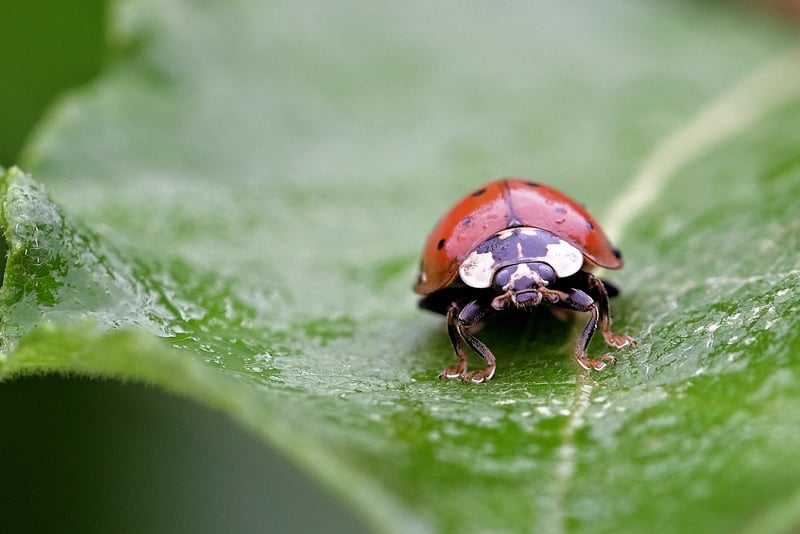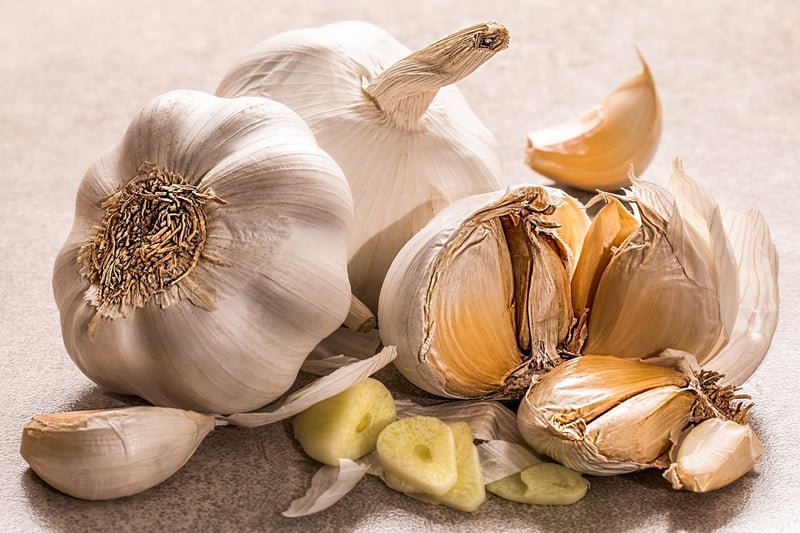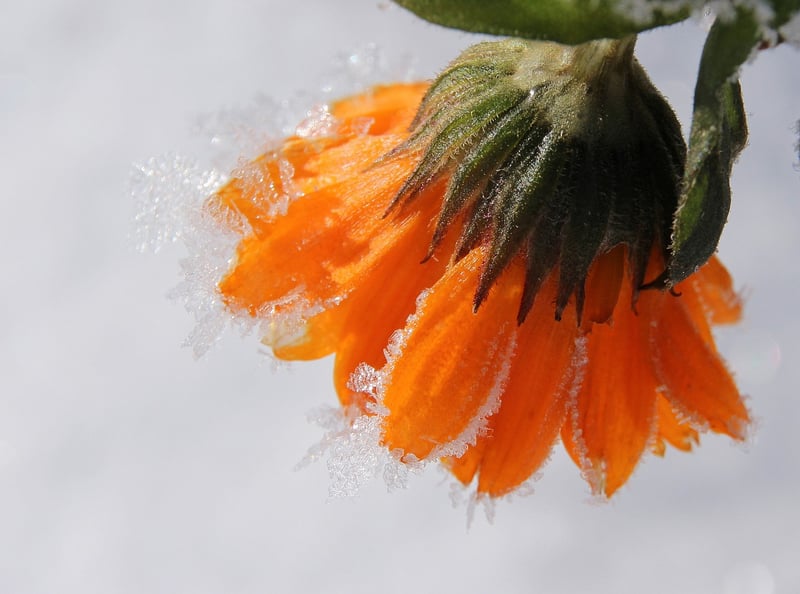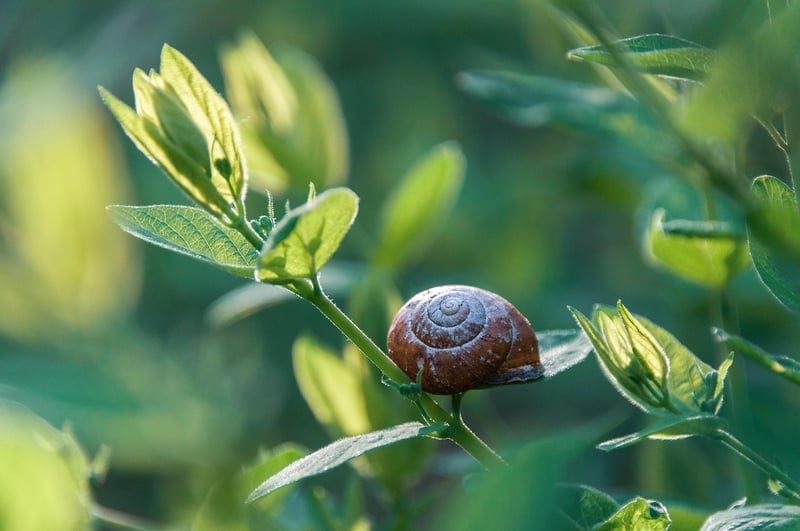Natural Pest Control
Keeping Your Plants Healthy: Natural Pest Control Methods
Having a thriving garden or houseplants can bring joy and beauty to your surroundings. However, keeping your plants healthy and pest-free can sometimes be a challenge. Instead of resorting to harsh chemicals, why not try some natural pest control methods that are not only effective but also safe for the environment?
1. Neem Oil
Neem oil is a natural insecticide that can help control common garden pests like aphids, mealybugs, and spider mites. It works by disrupting the insect's hormonal balance and acts as a repellent. Dilute neem oil with water and spray it on your plants to keep pests at bay.

2. Ladybugs
Ladybugs are not only cute but also voracious predators of aphids, mealybugs, and other soft-bodied insects that can damage your plants. You can attract ladybugs to your garden by planting dill, fennel, or daisies. Alternatively, you can purchase ladybugs online and release them in your garden.

3. Garlic Spray
Garlic is known for its strong scent, which repels many pests. To make a garlic spray, blend a few cloves of garlic with water and let it sit overnight. Strain the mixture and spray it on your plants. This will deter pests like aphids, caterpillars, and beetles.

4. Diatomaceous Earth
Diatomaceous earth is a natural powder made from fossilized algae. It works by dehydrating insects and pests that come into contact with it. Sprinkle diatomaceous earth around the base of your plants to create a barrier against slugs, snails, and other crawling insects.

5. Plant Companioning
Planting certain herbs and flowers alongside your vegetables can help repel pests naturally. For example, marigolds can deter nematodes, while basil can repel mosquitoes and flies. Do some research on plant companioning to find the best combinations for your garden.

By using these natural pest control methods, you can keep your plants healthy and pest-free without harming the environment. Experiment with different techniques to find the ones that work best for your garden!
Remember, a little bit of prevention and care can go a long way in maintaining a lush and vibrant garden.
